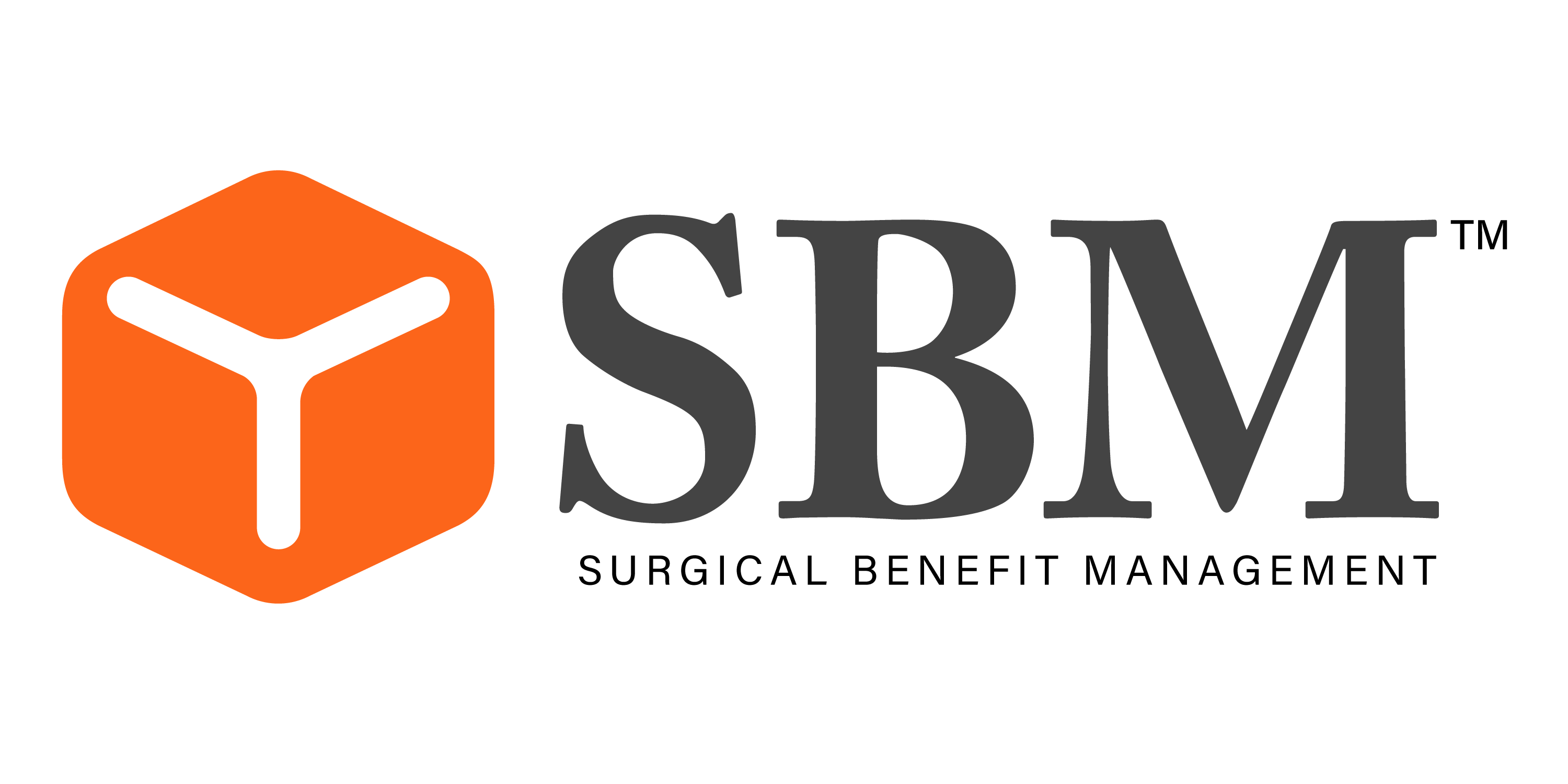In the dynamic landscape of healthcare management, organizations are continually seeking innovative solutions to enhance operational efficiency and control costs. One such powerful tool gaining prominence is the surgical benefit manager (SBM). This specialized service provider plays a crucial role in streamlining surgical processes, managing costs, and ensuring quality care delivery. In this article, we will explore the significance of utilizing a surgical benefit manager and the transformative impact it can have on healthcare organizations.
Understanding Surgical Benefit Management:
A surgical benefit manager is a specialized entity that collaborates with healthcare providers, payers, and employers to optimize the entire surgical process. From facility research and scheduling to post-operative care, SBMs act as intermediaries, ensuring that every aspect of the surgical journey is seamlessly managed.
Key Benefits of Using a Surgical Benefit Manager:
Cost Containment:
SBMs play a pivotal role in controlling costs associated with surgical procedures. Through negotiation with healthcare providers and leveraging established networks, they can secure favorable rates for surgeries, reducing overall expenses for both payers and patients.
Streamlined Processes:
One of the primary advantages of an SBM is the streamlining of administrative processes. By coordinating with our members on the selection of a best-practice and suitable facility, the overall surgery scheduling, and post-operative care, these managers reduce paperwork, minimize delays, and ensure a smooth flow of information among stakeholders.
Quality Assurance:
SBMs focus not only on cost containment but also on maintaining high-quality care standards. They work closely with accredited healthcare providers, ensuring that the facilities and professionals involved meet established benchmarks for safety and effectiveness.
Patient Advocacy:
The use of an SBM enhances patient advocacy by providing comprehensive support throughout the surgical journey. This includes assistance with appointment scheduling, explanation of benefits, and addressing any concerns or queries the patient may have.
Data Analytics and Reporting:
Advanced SBMs leverage data analytics to provide actionable insights for healthcare organizations. By analyzing trends, outcomes, and costs, these managers empower stakeholders to make informed decisions and continually improve the efficiency of their surgical programs.
Customized Solutions:
SBMs recognize the diversity of healthcare organizations and tailor their services to meet specific needs. Whether working with a small clinic or a large hospital network, these managers adapt their strategies to maximize benefits for their clients.
Let’s consider a case study where a regional hospital system partnered with an SBM to optimize its surgical services. By implementing efficient scheduling processes, negotiating favorable rates with surgical facilities, and implementing data-driven strategies, the hospital system achieved a 15% reduction in surgical costs while maintaining or improving patient outcomes.
Conclusion:
The power of using a surgical benefit manager lies in its ability to drive efficiency, control costs, and enhance the overall quality of surgical care. As healthcare organizations navigate the complex landscape of surgical services, partnering with an SBM becomes a strategic decision that can lead to improved financial sustainability and a higher standard of patient care. By harnessing the expertise of these specialized managers, healthcare providers and payers can pave the way for a more streamlined, cost-effective, and patient-centered approach to surgical benefit management.

